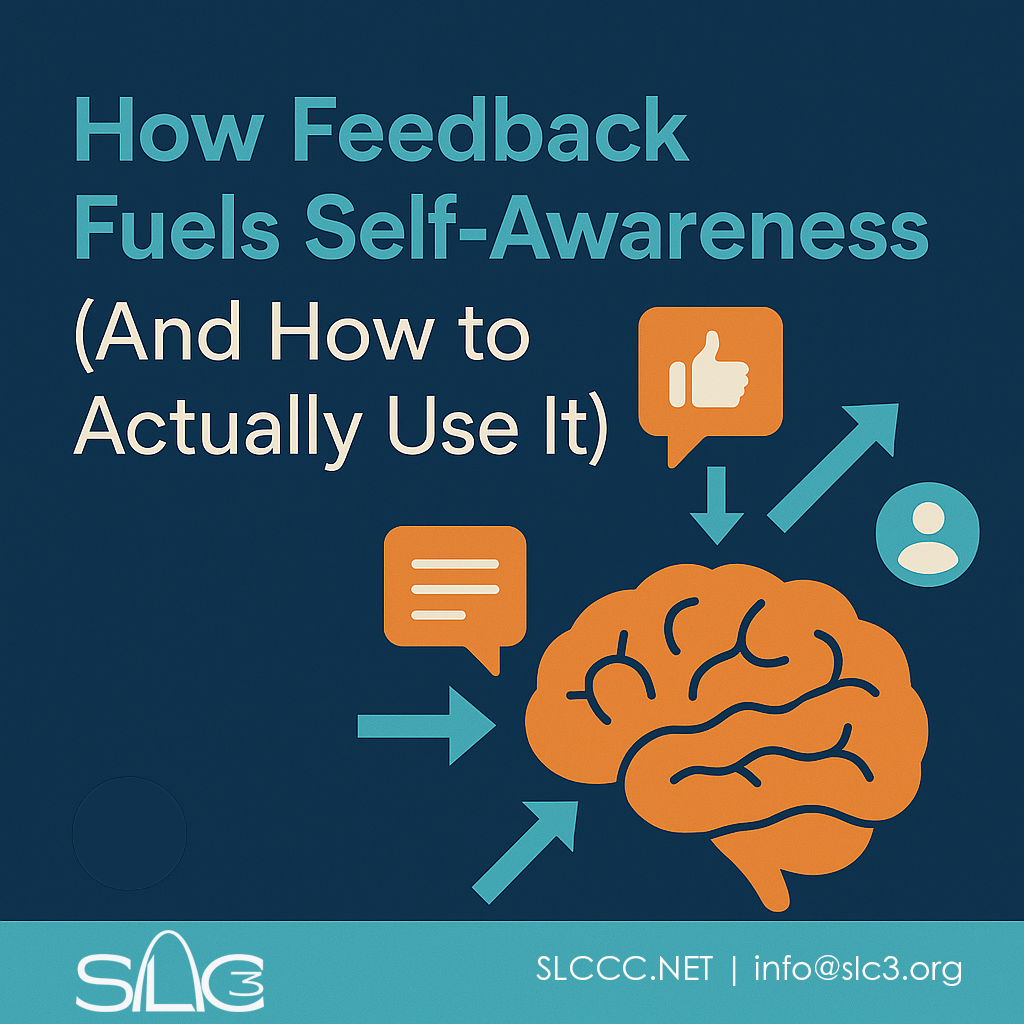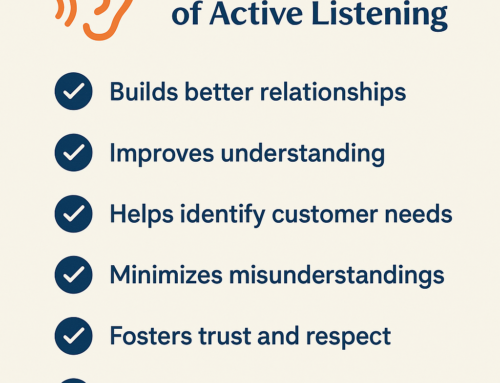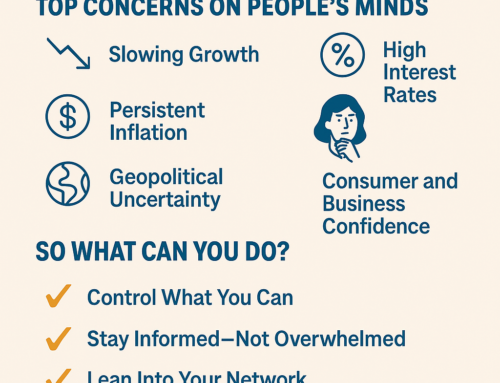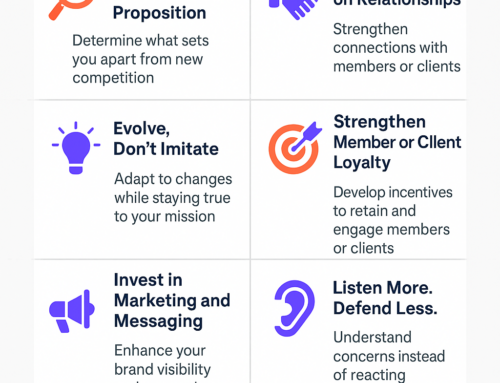Feedback is one of the most powerful tools for personal and professional growth. It serves as a mirror, reflecting both our strengths and the areas where we can improve. Yet, many people struggle with receiving and applying feedback effectively. Developing self-awareness through feedback isn’t just about hearing what others say—it’s about actively seeking, processing, and using that information to grow.
The Role of Feedback in Cultivating Self-Awareness
Feedback acts as a reality check, helping us align our self-perception with how others experience us. Without it, we may either underestimate our abilities or remain blind to behaviors that hold us back. By embracing feedback, we gain a clearer picture of our performance, communication style, and decision-making approach. This self-awareness not only improves individual effectiveness but also strengthens relationships and teamwork.
Practical Strategies for Leveraging Feedback
To make the most of feedback, consider these key strategies:
- Seek Out Diverse Perspectives: Don’t just rely on input from managers or supervisors—ask colleagues, clients, and even direct reports. A well-rounded perspective provides more balanced insights.
- Embrace Constructive Criticism: It’s natural to feel defensive, but growth happens when we focus on the message rather than the discomfort. Approach feedback with curiosity rather than resistance.
- Create a System for Reflection: After receiving feedback, take time to process it. Ask yourself: What patterns am I noticing? What actions can I take to improve? Writing down key takeaways helps turn insights into action.
- Close the Loop: Show appreciation for feedback and demonstrate progress. This not only builds trust but also encourages others to continue providing valuable insights.
Overcoming the Challenges of Feedback
Applying feedback isn’t always easy. It requires emotional intelligence (another topic for a deep dive), humility, and a willingness to change. One of the biggest challenges is overcoming defensiveness—our natural instinct to justify or dismiss criticism. Instead of reacting immediately, take a step back and ask: What can I learn from this? Another challenge is vague or poorly delivered feedback. If you receive unclear input, ask follow-up questions to clarify expectations and actionable next steps.
The Ripple Effect: How Self-Awareness Transforms Growth
When feedback fuels self-awareness, it creates a ripple effect of growth. Individuals become more intentional about their actions, communication improves, and workplaces become more collaborative and productive. Those who are open to feedback tend to be more adaptable and resilient—qualities that are essential in today’s fast-changing world.
Conclusion
Harnessing feedback as a tool for self-awareness is a game-changer. By actively seeking, accepting, and applying feedback, we open doors to greater personal and professional success. Growth isn’t about perfection—it’s about continuous improvement. The more we lean into feedback, the more we empower ourselves to become better leaders, teammates, and individuals.
By: SLC3






